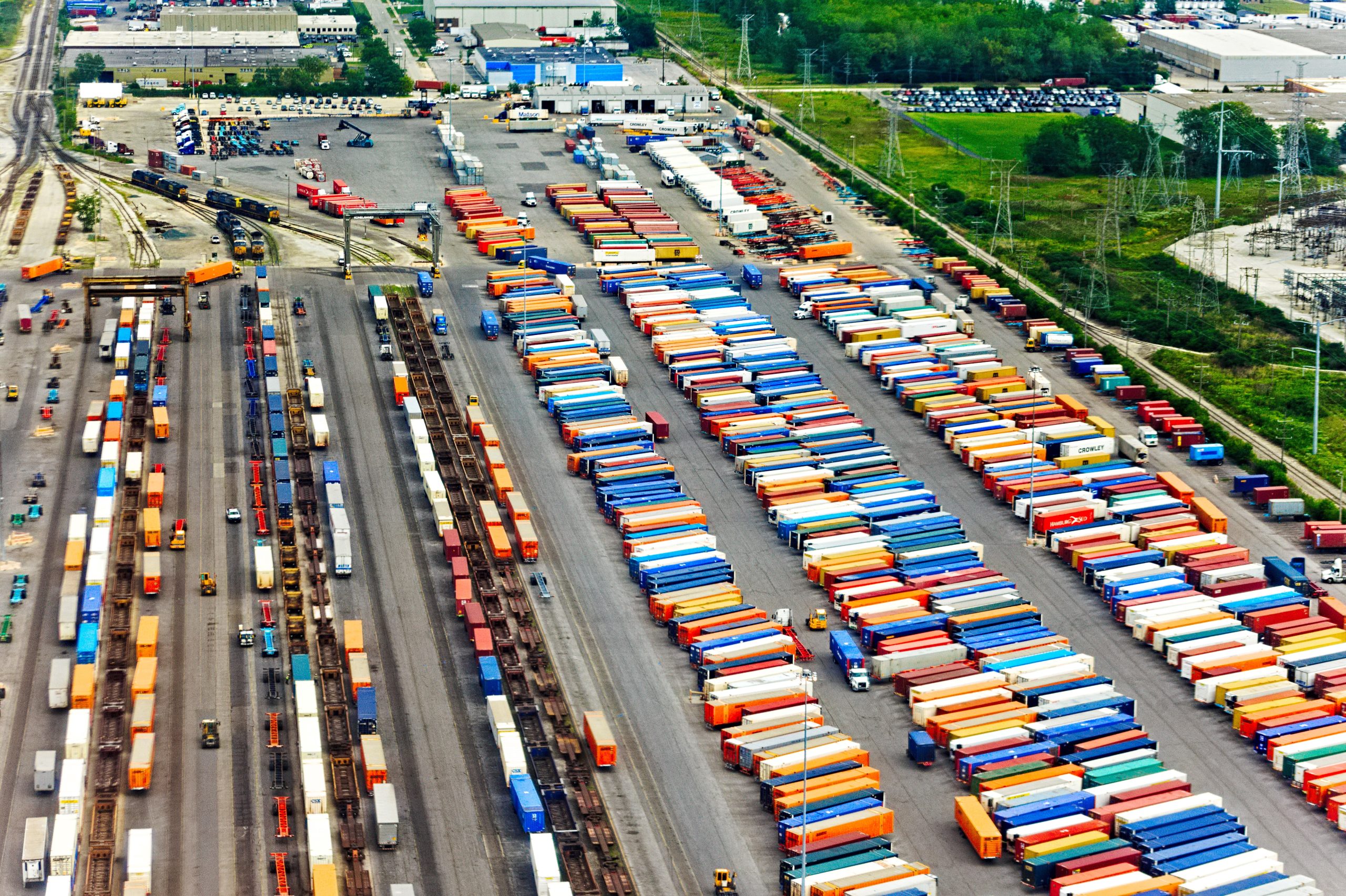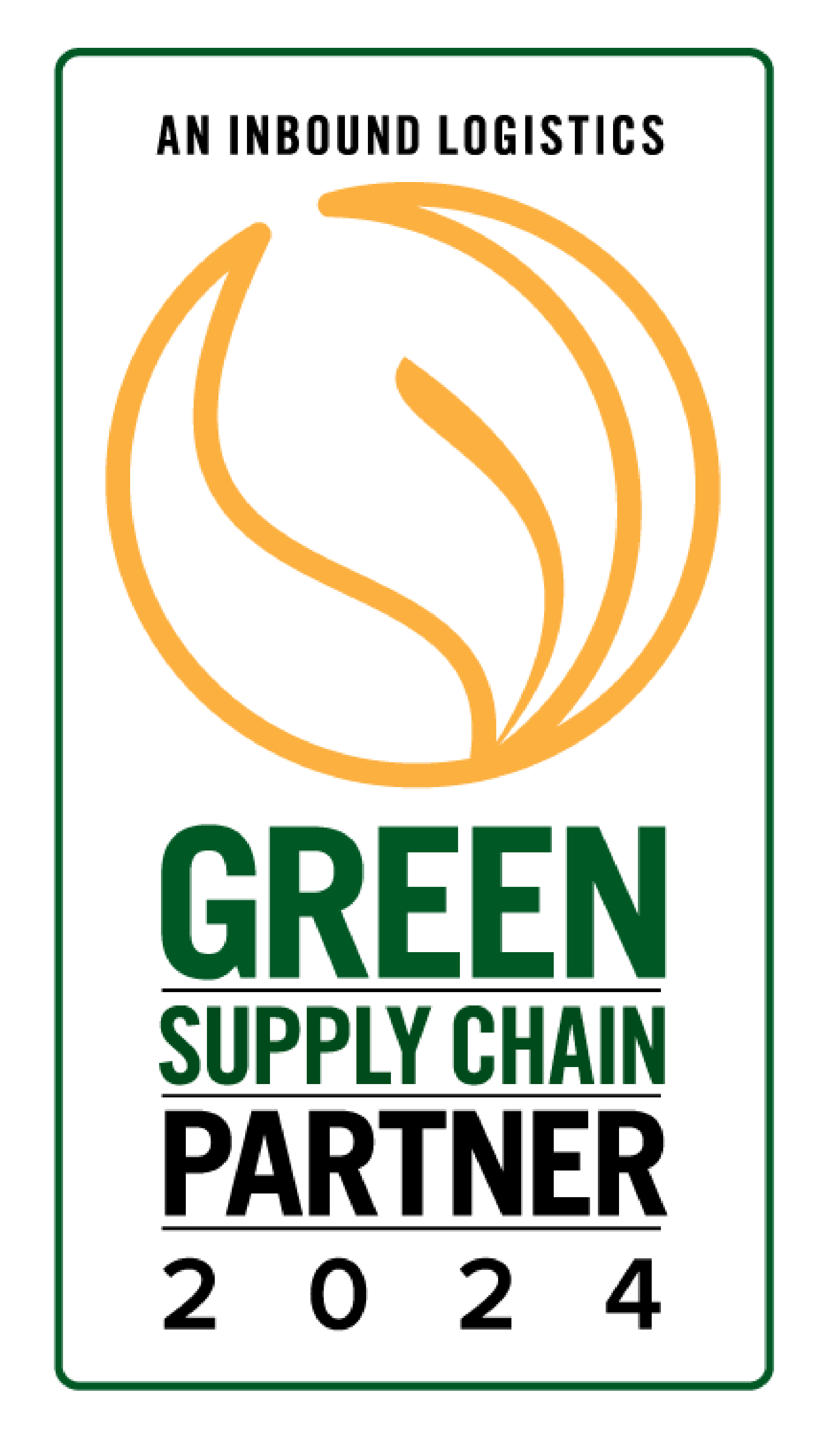Supply & Demand Chain Executive.com, March 11, 2023, David Branson
AI has taken the world by storm. Dominating headlines and dinner table conversations, AI is sparking both intrigue and outrage across the globe. The once obscure futuristic technology has found its way into everyone’s hands and people are creating everything from books to award-winning art.
Of course, AI is not new. The excitement around AI in recent months stems from new use cases and easy access. Until recently, most people knew that AI and other emerging technologies like machine learning (ML) and Power BI were making headway in the technology sector, but now it’s readily accessible to all including the transportation and logistics industry.
Logistics and technology: A winning combination
According to recent research by Gartner, through 2024 about 50% of supply chain organizations will invest in applications that support artificial intelligence and advanced analytics capabilities.
Whether it’s transportation management systems (TMS) with embedded AI and ML capabilities, or Power BI tools with advanced analytics leading logistics providers are tapping into next-generation supply chain and logistics technology to unlock new savings, efficiencies and end-to-end visibility.
Early adopters of advanced transportation technology are setting themselves apart from their peers. Many early adopters are large enterprises with significant budgets or third-party logistics (3PL) providers.
The latter creates an opportunity for shippers of all sizes. To reap the benefits of next-generation logistics technology solutions without needing in-house talent, companies can and should outsource their logistics needs to 3PLs partners with expertise in these technologies.
The prerequisites to leveraging advanced technology
Whether a shipper adopts advanced transportation technology in-house or partners with a 3PL provider that offers logistics technology services, two things are needed: a solid data foundation and the logistics know-how to turn data into action.







